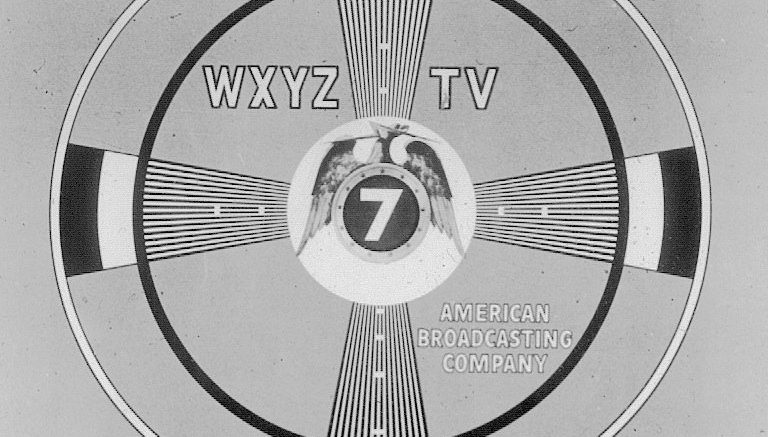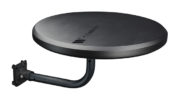“All politics is local.” — former House Speaker Thomas P. “Tip” O’Neil
Broadcasting started as a local news and entertainment source. Roughly 100 years ago, it was a series of local pioneers who set up radio towers with the goal of serving their local communities. A decade or so later when networks like ABC and CBS started providing a common experience to the whole nation, the government thought local content was so important that they put in a requirement that radio stations have shows of local importance.
Television followed this same model: locally-owned and operated TV stations that were usually (not always) connected to larger national networks. Congress took their commitment to local stations seriously. They passed laws that stopped large companies from owning more than just a few stations. Not only that they also blocking off an hour of “prime time” for local stations to use as their own.
Decades later, when cable and satellite became dominant, local owners got less and less protection. In the name of competing with larger national channels (which didn’t even exist, really, until the 1980s) Congress rolled back ownership rules. Now, large companies can own as many stations as they want. Large operators like Sinclair and Tribune standardize their operations all over the country. They provide just a tiny bit of local programming because the law still says they have to.
Do local channels even matter anymore?
There’s no legal reason why you even need a broadcast station at all. It’s obvious if you think about it. ESPN doesn’t broadcast on a local channel. Discovery doesn’t, HGTV doesn’t. If you were the head of ABC and you were annoyed at all your local affiliates, there’s nothing stopping you from taking ABC to streaming-only. Oh sure, you’d lose probably 10 million homes who watch over-the-air, but is that important to you? That’s a very good question.
I say, local channels DO matter.
Local news matters. Local sports matters. In fact, the smaller and more local it is, the more it matters. There are a lot of places on the internet where you can find out what’s going on in Washington. How can you watch your local city council meetings? Some cities stream them, some put them on local cable so cordcutters and satellite fans are locked out.
If a local politician is really corrupt, who tells you about it? Your local newspaper’s probably long gone. The big city TV station doesn’t care and your local radio station does 4 minutes of news an hour. Local TV is where you should hear about stuff like that. It’s free to everyone who has an antenna. That’s how TV was always intended to be.
Don’t let local channels die!
I’m not saying you should stop streaming, or stop watching cable and satellite. Just remember that there’s a real benefit to local news and your local TV station is the source for it. It’s important to realize that what happened to newspapers could also happen to local TV stations. Sure the internet is great but some of the best reporting came from local newspapers. It seems like we could all benefit from some real journalistic integrity, the kind we used to get from every local paper. Local TV stations still have that kind of integrity, at least many of them do. Don’t let them die off!





